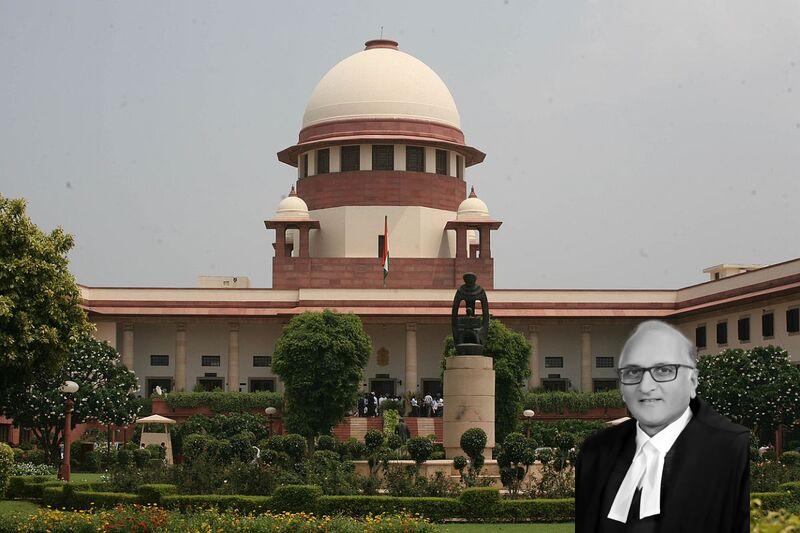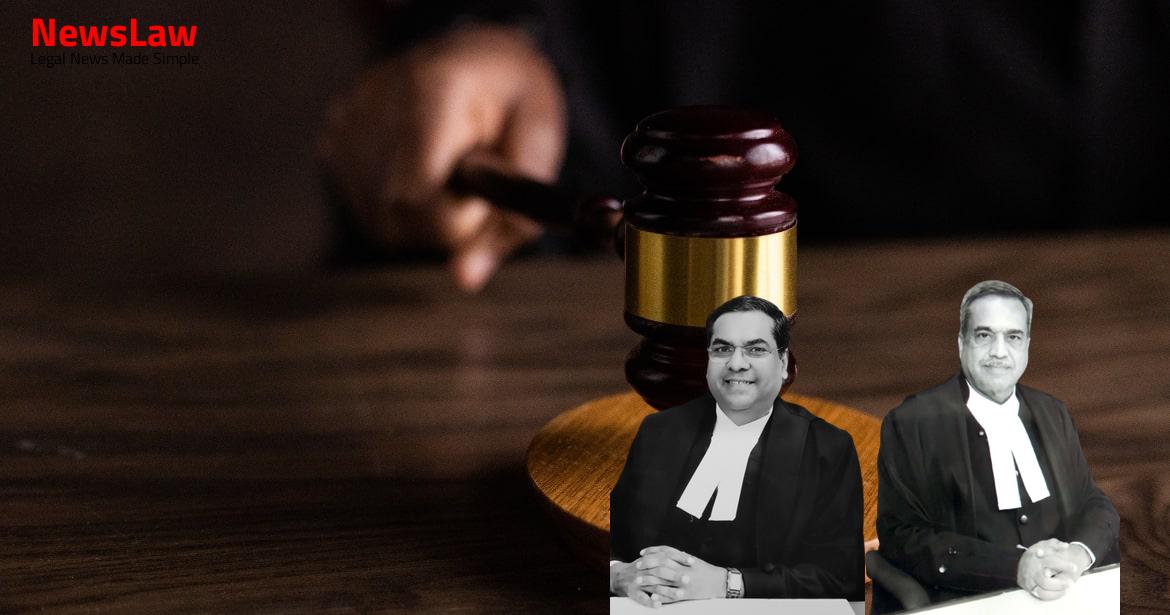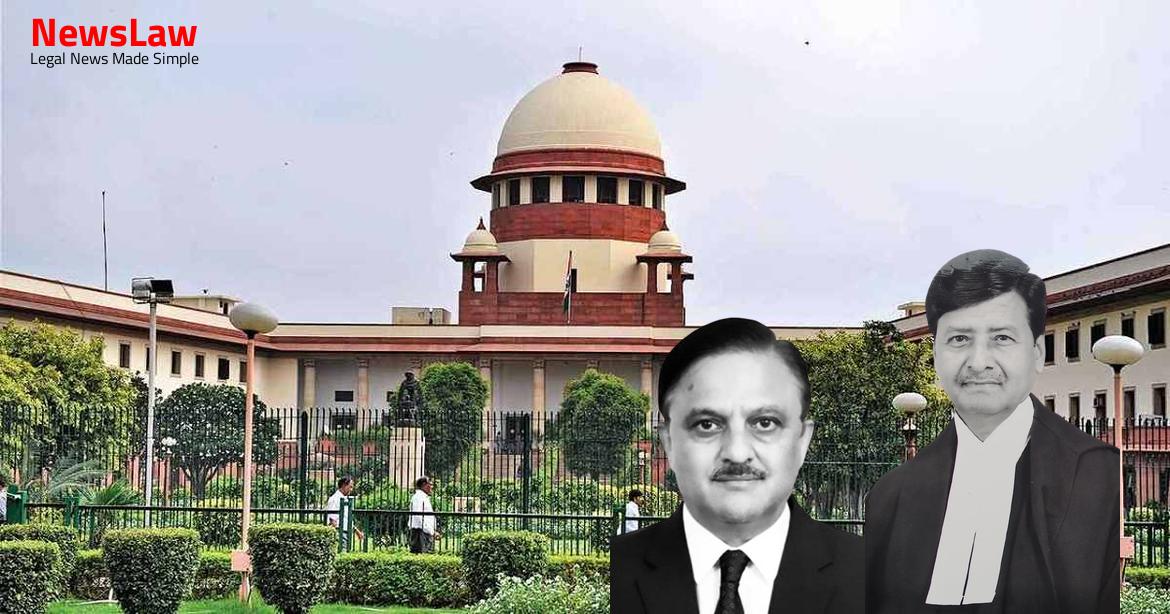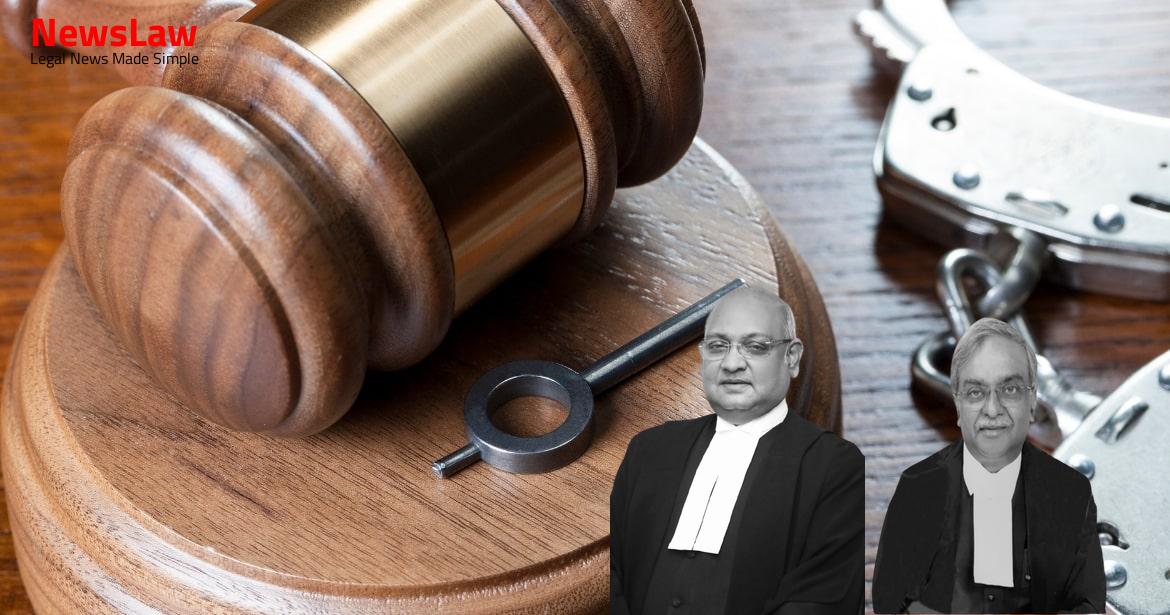The petitioner, currently serving a life imprisonment sentence for a crime committed in 1996, punishable under Sections 302 and 392 of the Indian Penal Code (hereafter “IPC”) approaches this court seeking to enforce his right under Article 32 of the Constitution of India. The High Court reversed the acquittal, and convicted the petitioner by its judgment dated 06.01.1998 for the offences punishable under Section 302, 376 and 392 IPC. The custody certificate produced in his writ petition, confirms that he completed actual imprisonment of 25 years 9 months and 26 days on 07.06.2022, (i.e., he completed 25 years actual imprisonment on 13.08.2021). These are summarized below: ADVISORY COMMITTEE/JAIL ADVISORY BOARD Date & Statutory provisions/Rules applied Consideration of petitioner’s case and reasoning 10.08.2011 [1958 Rules] Petitioner’s case unanimously rejected as it was a case of premediated murder. 29.09.2015 [2014 Rules] Same observations/conclusions as last date of consideration; petitioner’s case was unanimously directed to be considered afresh after receiving detailed reports from the probation officer and police and the case was deferred for consideration till November 2015. 26.02.2020 [2014 Rules] Considering the long term imprisonment undergone, age of convict, character in prison, family background and situation, Petitioner’s case unanimously recommended for release. STATE GOVERNMENT DECISION Date of decision Government’s decision relating to the petitioner 06.07.2019 Pursuant to Advisory Board’s recommendation dated 10.01.2017, Petitioner’s case (along with the other three convicts) was rejected without assigning any reasons. The state government by its proceeding dated 20.04.2022, approved the proposal excluding certain convicts who had been involved in: most cruel murder, committed murder of woman and children, or murder with rape, and those undergoing treatment for mental illness, whose relatives were reluctant to receive them. Attention was drawn to Rule 545A of the 1958 Rules which stipulates release can be considered after 14 years; Rule 216(1), 244(2) and 299(c) of the 1958 Rules which state that the inmate shall be released after completion of 20 years of sentence; and the recommendations of the National Human Rights Commission (NHRC) which prescribes mandatory release after 25 years of sentence. It was argued that since the petitioner has not only completed 14 years or 20 years, but even 25 years of actual imprisonment, at this juncture – regardless of which rules are applied, it was manifestly illegal to keep him incarcerated in perpetuity.
Lastly, counsel pointed to material produced by the respondent state itself, to demonstrate that the Jail Advisory Board had found the petitioner, who is aged 67 years old, to be hardworking, disciplined, and reformed, and prayed for his premature release. Counsel argued that grant of remission, is solely at the executive’s discretion, and an act of mercy, granted on account of good conduct and term of imprisonment. The Kerala Prisons and Correctional Services (Management) Act, 2010 [hereafter ‘2010 Act’] came into force on 12/14.05.2010. By virtue of Section 102(2) of this Act (the savings clause) the 1958 Rules were to continue till the commencement of the new rules (i.e., the 2014 Rules), on 06/23.05.2014. On 14.06.2022, a government order was issued containing general guidelines on premature release, classifying prisoners such that those who had committed certain offences could not be released prematurely, while others, could only be considered after 25 years. Rule 462 to 468 of the 2014 Rules, detail the procedure to be followed by the Advisory Committee while considering convicts for premature release.
Union of India, when considering application of Section 433-A CrPC, when the trial court had acquitted an accused prior to its insertion, but convicted by the appellate court subsequent to Section 433-A coming into force, held: “[…] When a person is convicted in appeal, it follows that the appellate Court has exercised its power in the place of the original court and the guilt, conviction and sentence must be substituted for and shall have effect from the date of judgment of the trial Court. ‘14-Year Rule’.– The cases of ** prisoners whose aggregate sentence is more than 20 years shall be committed together with the records specified under Rule 545 for special orders of Government as to their premature release or completion of 14 years of sentence including remission in each case.



